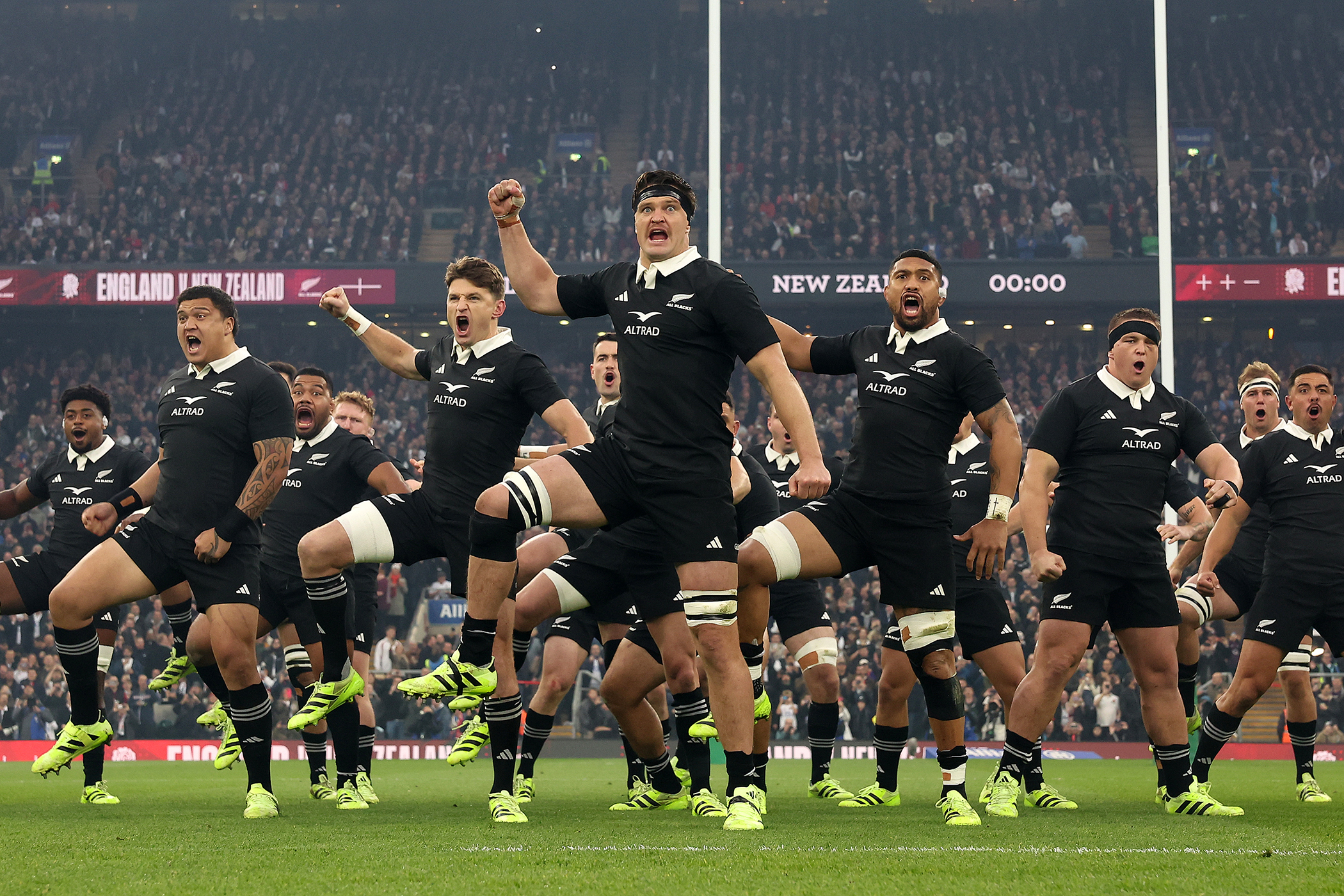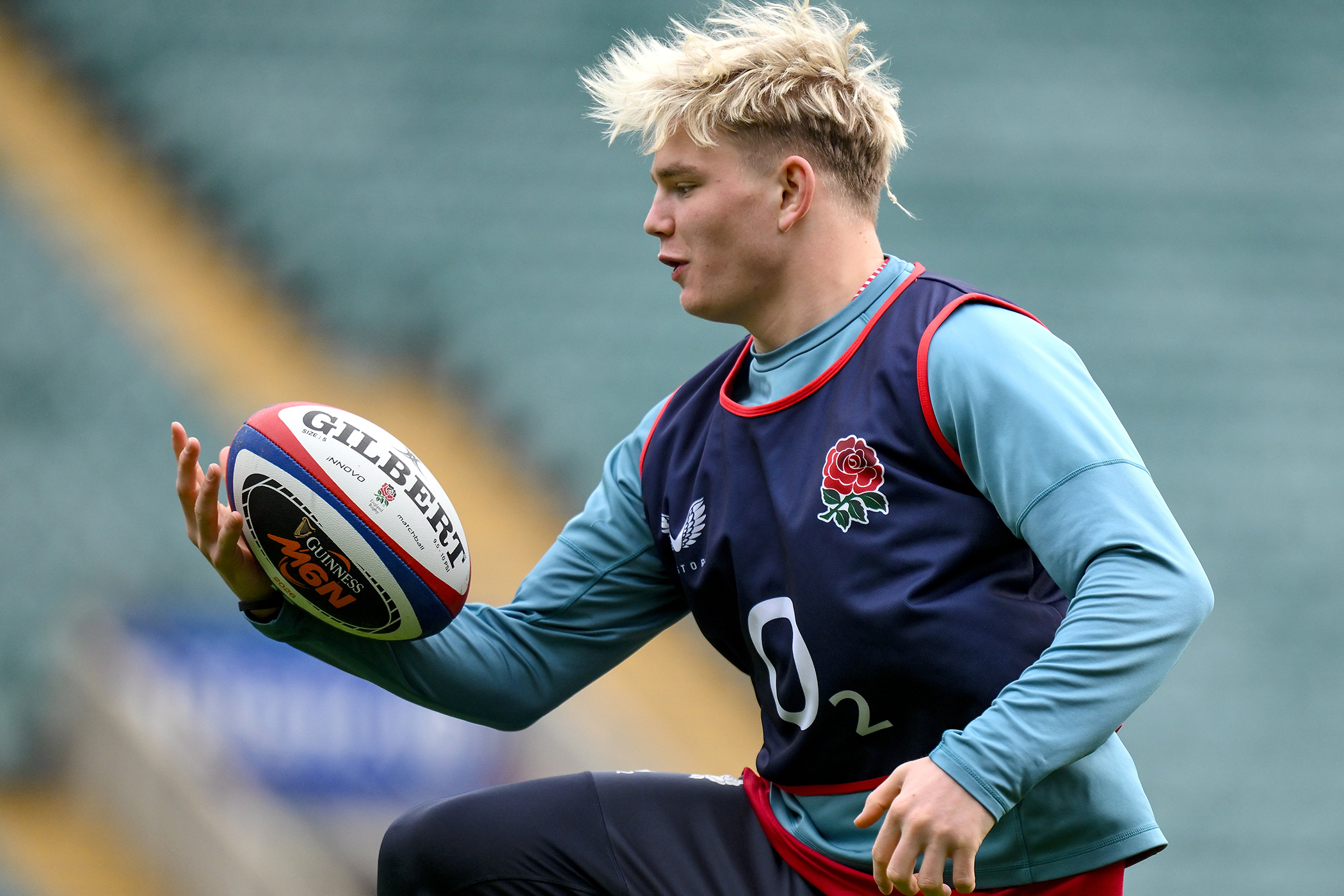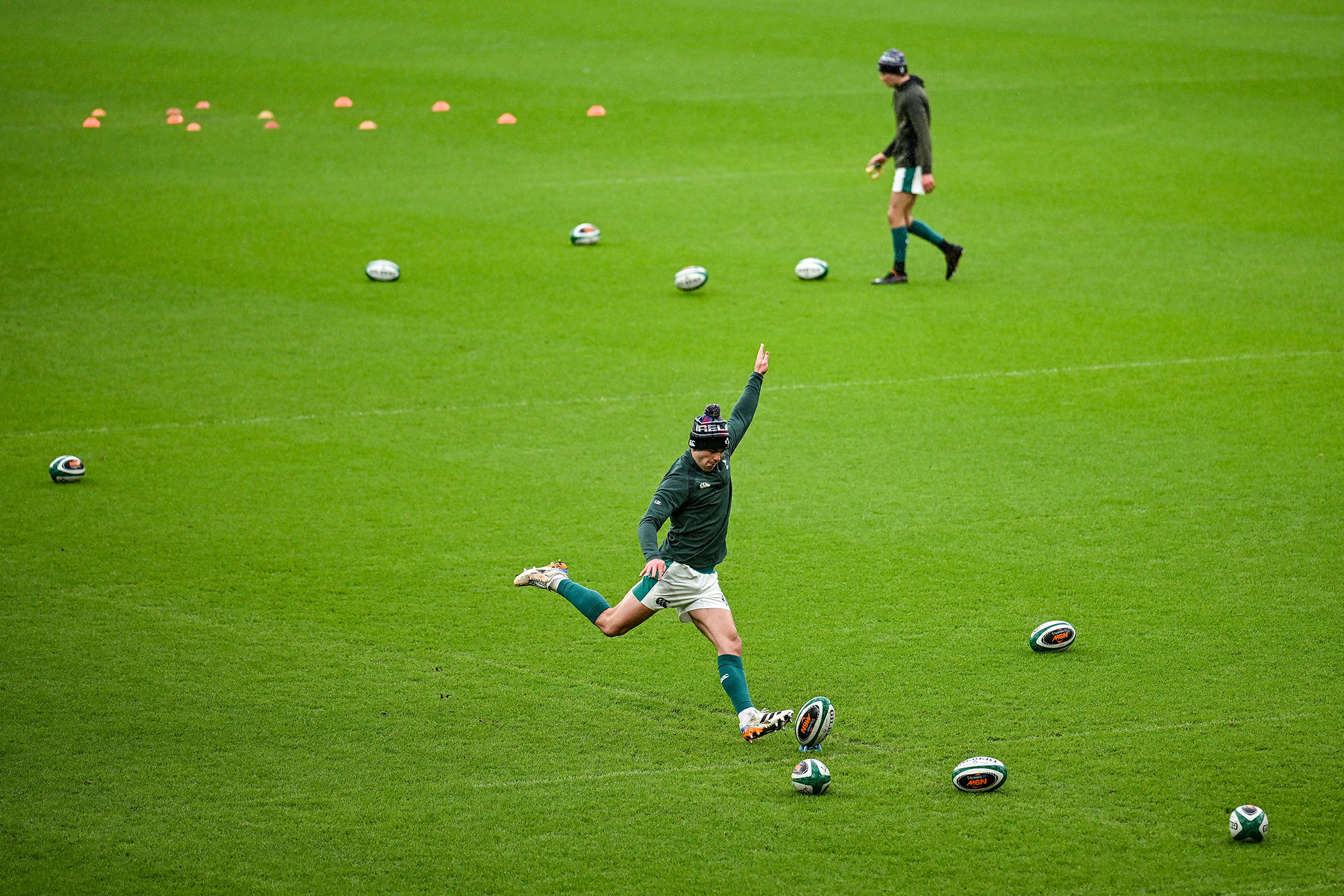Late last month, Claire Bramley found herself in a conference room in Chicago with a couple of hundred other executives and business leaders. As chief financial officer of software company Xero, she is rarely short of offers for these sorts of occasions: corporate seminars, leadership conferences, networking mixers. Usually she declines.
This one was different. Not only did she attend but she chose to take her 11-year-old son, too. Most of the time, a child would not be interested in talks about building legacy or team culture. But most of the time, those talks do not come with the imprimatur of the All Blacks.
Access was not cheap: a half-day ticket to the conference cost $1,250. A full day ticket, priced at $1,698, brought the additional benefit of transfers to and from Soldier Field to watch the Captain’s Run – as the All Blacks call the last training session before a fixture – on the day before New Zealand beat Ireland in the Gallagher Cup.
As far as Bramley is concerned, though, the chance to “hear directly from one of the most successful teams in sporting history” was invaluable. “A lot of corporate leadership events are built around theory,” she said. “The All Blacks’ approach was real, lived and immediately relatable.”
She found the programme of talks – from the likes of Sir Wayne Smith, Scott Robertson and Dr Ceri Evans, the All Blacks’ head of leadership and mental performance – contained parallels that were both “simple and direct” with her own professional environment. “They did a great job connecting their on-field experiences with universal leadership lessons,” she said. A surprise guest appearance from Richie McCaw did not hurt.
The event – entitled the All Blacks Conference – was the first of its kind, but it represents a culmination of a long-standing process. The All Blacks have long played an outsized role in what might be thought of as high performance culture; many of the ideas that have underpinned their success are staples of the diffuse ecosystem of conferences, seminars, books and podcasts about leadership and corporate culture.
It is not hard to see why. New Zealand have long claimed to be not just the pre-eminent force in global rugby but the most successful team in any sport, anywhere in the world. Their win ratio has, at times, hovered at around 80 per cent. It is a dominance that manages to defy obvious explanation.
“The All Blacks’ advantage does not come from player numbers,” as James Kerr wrote in Legacy: What The All Blacks Can Teach Us About The Business Of Life. Instead, the secret of their success is something both more intriguing and transferable, at least in theory. It begins, Kerr writes, with “a very particular culture off the field”.
Quite when that culture became an object of such fascination for businesspeople is difficult to pinpoint, but Kerr’s book – published in 2013 – likely represented the moment it slipped into the mainstream.
Having embedded with the team for a year, Kerr boiled down the All Blacks’ approach into 15 “lessons in leadership”. Though the book’s success propelled Kerr to prominence, he was a standard-bearer, rather than a pioneer. A raft of leadership coaches and performance consultants had already been using the All Blacks as source material.
Newsletters
Choose the newsletters you want to receive
View more
For information about how The Observer protects your data, read our Privacy Policy
That was not always appreciated by either the players or, at times, New Zealand’s indigenous communities: many of the concepts associated with the All Blacks – including ideas like mana, whakapapa and whanau – and infused into the corporate world are borrowed from Maori culture.
It also, though, presented an opportunity. In 2022, the private equity firm Silver Lake acquired a minority stake in the commercial arm of New Zealand Rugby. The move, according to New Zealand Rugby’s chief executive Mark Robinson, would help the team “maximise our potential on the global stage”.
It has been suggested in New Zealand that at least some players have not been entirely comfortable with what they perceive as the game’s authorities selling the team’s “intellectual property” – for a long time, after all, one of the All Blacks’ primary values was that their methods were if not secret, then certainly private – but New Zealand Rugby appears to have little choice.
It posted losses of £8.7 million in 2024; one estimate has indicated that, at the current rate of progress, the cash infusion from Silver Lake will have been spent by 2031. The event that Bramley attended in Chicago may have been the first; it will almost certainly not be the last. It has taken the All Blacks more than a century to build their mystique. There is now little choice but to monetise it.
Photograph by RFU/Getty Images



